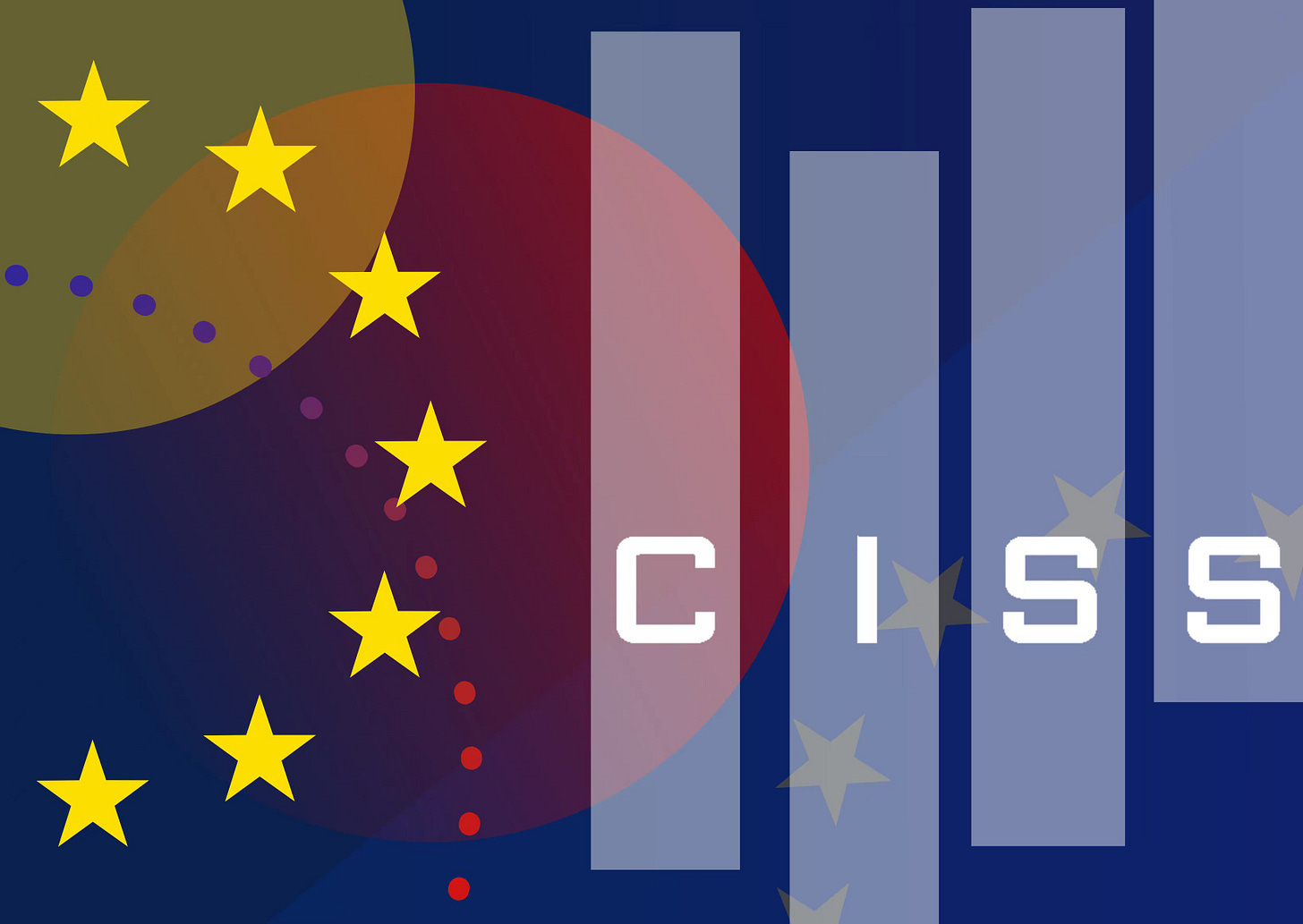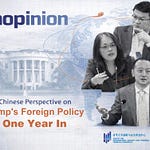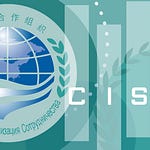The expert in today’s dialogue:
Key Points of Today’s Podcast:
Professor Cui Hongjian emphasizes that China and the European Union (EU) differ in many respects. While the EU is currently striving to balance the diverse interests of its member states, it is important to recognize that the EU is not a unified political entity. China must take this institutional complexity into account when engaging with the EU. One of the key lessons from the past 50 years is the importance of mutual respect and the development of shared interests. Pragmatic cooperation in areas such as trade and investment has been mutually beneficial, as China and the EU are both major players in the global economy. Mutual appreciation and support have been critical elements of China-EU relations, and moving forward, the two sides must continue to build consensus.
Engaging with the EU is inherently challenging due to its nature as a non-state actor that must reconcile internal differences among its member states. China, therefore, needs to adopt a dual-track strategy: managing relations with EU institutions while also investing in bilateral ties with key member states—especially major countries such as France, Germany, and Italy. At the same time, China should align with the EU's broader vision of seeking internal consensus and cohesion, which can serve as a foundation for building mutual trust. Although some voices within the EU have criticized China for pursuing a “divide and rule” approach, such criticism does not imply that China should abandon bilateral engagement with member states.
The EU’s adoption of “de-risking” policies presents a new challenge to the relationship. Both China and the EU are navigating a period of global transformation, in which countries must carefully balance development priorities with security concerns. From China’s perspective, the EU should regard it as a partner rather than as a competitor. While a broad internal consensus around “de-risking” is emerging within the EU, this does not preclude the possibility of viewing China as a trustworthy and reliable partner—one that can help unlock new opportunities for economic development on both sides.
Any analysis of China-EU relations must also account for the broader context of transatlantic ties. Both China and the EU face the challenge of balancing their respective relationships with the United States and with each other. In response to the U.S.-led global “tariff war,” China and the EU both face mounting pressure from Washington’s protectionist policies. In the short term, both sides need to find new frameworks for trade and investment that safeguard bilateral interests, including through the use of multilateral mechanisms such as the WTO. China and the EU must also work together to mitigate the negative impact of tariffs and to explore new opportunities in third markets.
The EU is currently undergoing a comprehensive transformation. One of its key challenges is how to balance openness with strategic autonomy. For China and the EU alike, this moment calls for deeper dialogue on shared values and a recognition that, in addition to areas of consensus, both sides must assume greater responsibility in the security domain. As we mark the 50th anniversary of diplomatic ties, China and the EU should seek greater resonance through historical reflection, strengthen bilateral and multilateral dialogues, and jointly contribute to global development. Meanwhile, China and the EU should identify new areas for cooperation, such as data governance, green energy, and other emerging fields. It is not enough to pursue common ground; what is truly needed are common solutions.


















